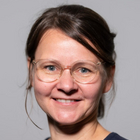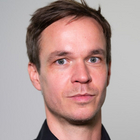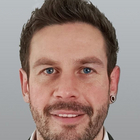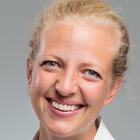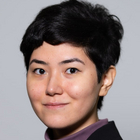Complex global challenges require actors in the international cooperation to have a very high level of interlinked expertise. Joint knowledge production is of increasingly important for the success of solutions, not least for the formulation of practical recommendations in transnational networks, such as Managing Global Governance (MGG) and Shaping Futures: African-European Network on Development and Sustainability. The special interest of the Knowledge Co-operation & Training department is focussed on the role of (transnational) knowledge co-operation and the design of the science-policy interface, as well as methods of joint learning.
Our work is driven in particular by the Institute's training formats, which function as co-operation laboratories. Since 1965, university graduates have been trained for challenging tasks in international cooperation as part of the Postgraduate Programme. In 2007, a training and dialogue format for young leaders from emerging global powers was added: today's MGG Academy is also the cornerstone of the MGG network, which is dedicated to mutually reinforcing activities in the areas of qualification, knowledge cooperation and policy dialogue. As part of an innovative training and dialogue programme, since 2021, the Shaping Futures Academy is aimed at young leaders from African and European countries.
The academic training and dialogue formats focus on competence development, networking and exchange from a global perspective. In addition to acquiring and jointly developing specialist knowledge, participants deepen their competences in the areas of sense-making, cooperation and transformation.
Sense-making competences include systems thinking, critical thinking and evidence-based decision-making skills. In addition, normative competence is the ability to recognize the normative core of patterns of thinking and acting. These competences help understand complex global problems in a comprehensive way as a precondition for developing internationally viable solutions.
Cooperation competence consists of communication and dialogue skills, the ability to deal with conflicts constructively and to leverage diversity. Especially in polarised contexts characterised by different perspectives and interests, appreciative dialogue is key for developing a common understanding of problems and the definition of joint objectives.
Transformation competence is central to shaping sustainable futures and encompasses various aspects. Futures thinking is the ability to develop visions of the future and strengthens the long-term orientation of actions. The quality of navigating uncertainty allows people to see transformations as windows of opportunities for overcoming path dependencies and experimenting and testing new solutions. Creativity is important for the development of innovative solutions, while strategic action aims at learning how to design concrete interventions for the implementation of transformation processes.
The training courses are application-, solution- and dialogue-oriented and are characterised by the use of modern didactic methods. The international training environment enables participants to learn interculturally and promotes the development of global, cross-sector networks. As a knowledge institution, IDOS is both an application-oriented research institute and a development policy actor.
Postgraduate Programme for Sustainability Cooperation (PGP)
Every year, the nine-months Postgraduate Programme for Sustainability Cooperation (PGP) prepares up to 18 German and European university graduates for the challenging tasks and responsibilities of German and international development cooperation.
MGG Academy
The Managing Global Governance (MGG) Academy is a training and dialogue format on sustainability and global cooperation that brings together early to mid-career professionals from six global powers (Brazil, China, India, Indonesia, Mexico, South Africa) and the European Union.
Shaping Futures Academy
The Shaping Futures: African-European Network on Development and Sustainability Academy for African leaders is an annual, five-month training and dialogue programme for young leaders from the African reform partner countries Ethiopia, Côte d’Ivoire, Ghana, Morocco and Senegal, Tunisia and Togo.
Doing your PhD
We encourage young researchers in doing a PhD by supporting them with a structured doctoral programme.
Dual study programme
In 2025, IDOS will be offering an apprenticeship for the dual study programme in Research and Innovation Management (Bachelor of Arts) for the first time.
Vocational Training
The Institute trains young people to become Office Communication Managers (Kaufleute für Bürokommunikation) since 2003.



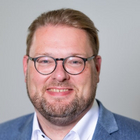



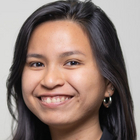
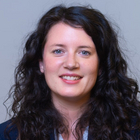

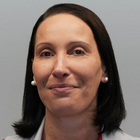



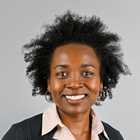

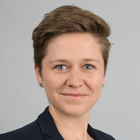
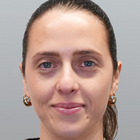
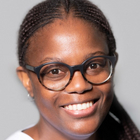
![[Translate to English:] Leah Ngaba ist Koordinatorin des Shaping Futures: African-European Network on Development and Sustainability am German Institute of Development and Sustainability (IDOS)](/fileadmin/_processed_/5/3/csm_IDOS_Ngaba_Leah-min_892bee581c.jpg)
